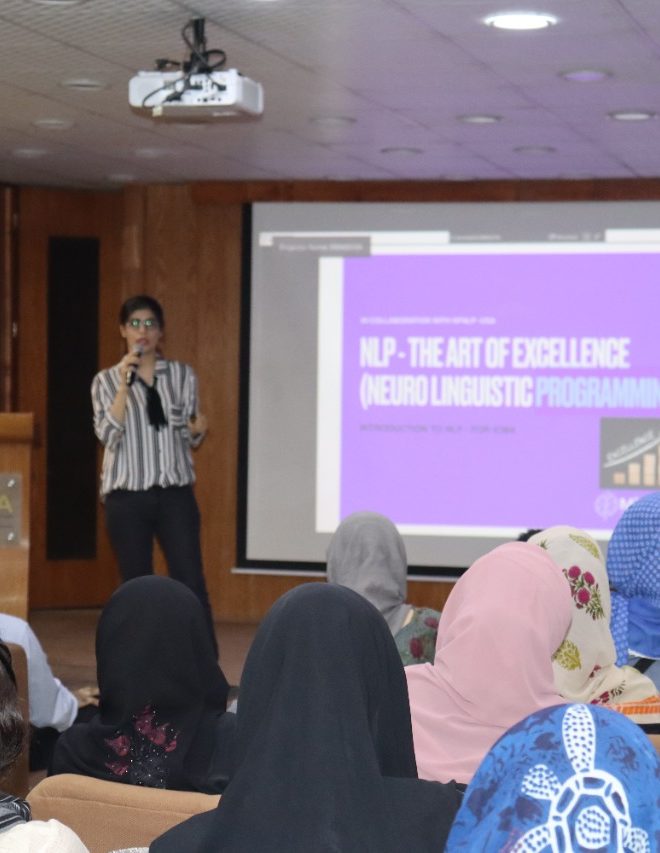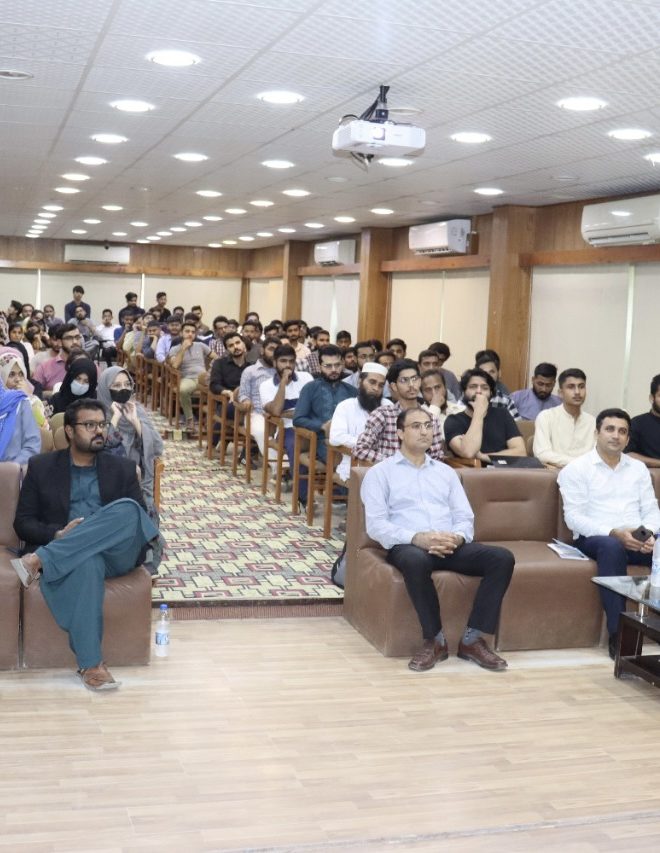NEURO-LINGUISTIC PROGRAMMING (NLP) BASIC PRACTITIONER CERTIFICATION – NFNLP-USA
Neuro-Linguistic Programming (NLP) looks at the way that humans think and process thoughts, and how language and behavior are used to express these thoughts and interact with others. NLP is made up of a wide range of techniques and models that outline the present understanding of thoughts, language, and behavior.
It is a pathway that will provide you with new insights and perspectives while allowing you personal growth, in which conscious and subconscious behavioral patterns and communication tools are a key.
You will receive a practical toolbox full of tools that will help you in all areas of your life. This Certified Practitioner Training contains the latest in human change technologies that when learnt and applied now will enable you to finally see how you can improve any area of your life, accelerate your results and have the career and success you have always dreamt of having.
NLP is founded on the basis that there is a connection between neurological processes, language and experience-learned behavioural patterns. By identifying how we think, speak and behave, we can reprogram our negative habits and establish positive and useful methods of dealing with situations.
Does your patterns of thinking create self-doubt? By identifying negative problem areas in our lives, we can begin to rethink, restructure and remodel our thinking to become a more confident version of ourselves.
This course will provide you with a wide range of valuable life skills, knowledge, and expertise which will allow you to understand how people communicate, grow, learn, change, and develop. Neuro-Linguistic Programming is becoming widely relevant to people’s everyday lives and businesses due to its practical applications. Today more than ever, NLP concepts feature in many leadership, coaching and communication skills training. Adding NLP to your portfolio will give you access to the most powerful personal development teachings available today.
Those seeking to improve their relationship with themselves, eliminate self-doubt, and improve their interactions with others are also provided with methods for achieving personal growth. The course will also provide you with a range of innovative strategies for evaluating your attitudes, gaining personal empowerment, and fostering an attitude of responsibility, while building stronger relationships.
It is the basic training for everyone who wants to become successful in their personal & professional lives through their authentic communication and deep understanding of the human.
WHY NLP
Welcome to the magical world of NLP. The certification of Neuro Linguistic Programming (NLP) Practitioner will provide you with a breakthrough in your personal & professional life and will transform your life.Whats Included
Training Manual + Practicals + Certification NLP Practitioner & Coach by Mindemy + Option to apply for International Certification (NFNLP-USA – additional charges) Click HereCURRICULUM
AchievementAchieve Personal & Professional Goals
NLP helps ti improve goal-setting clarity and align internal motivation, accelerating achievement in any area of life.
Overcome Fear & Phobia
Overcome fear of failure. It helps people overcome their phobias by changing their thoughts, feelings, and behaviours. It helps to manage stress & anxiety.
State Management
NLP helps you to improve your relationship with others by teaching you how to better understand & communicate with them. it helps you to manage your state and be in a resourceful state for peak performance. Develop self-control over your thoughts/action.
Increase your EI and Self discovery
NLP can help you better understand your own thoughts, emotions, and behaviours allowing you to make positive changes and achieve your goals.
Excel in Communication
NLP can help you become a more effective communicator, both in your personal & professional life. Learn the Art of persuasion and be an exceptional communicator- Create Rapport with anyone.
Achieve Personal & Professional Goals
By rewiring thought patterns, NLP empowers you to overcome limiting beliefs and build a success-driven, confident mindset.
 Sheroz Hassan @Karachi – Continental Buscuits
The unwavering support, and engaging teaching style have truly made this
learning journey unforgettable. Her ability to simplify complex ideas and
create a nurturing environment for growth is commendable. Thank you for
equipping me with invaluable skills that will undoubtedly shape my
professional path.
Sheroz Hassan @Karachi – Continental Buscuits
The unwavering support, and engaging teaching style have truly made this
learning journey unforgettable. Her ability to simplify complex ideas and
create a nurturing environment for growth is commendable. Thank you for
equipping me with invaluable skills that will undoubtedly shape my
professional path.
 Sana Ali Karachi – Pychologist
The experience i had was mesmerizing. The way our training was conducted enabled us to learn & apply the knowledge being imparted. I looked forward to each & every class. I was hooked. Extremely worthwhile training & amazing course. I definitely look forward to partipating in any other future upcoming NLP sessions.
Sana Ali Karachi – Pychologist
The experience i had was mesmerizing. The way our training was conducted enabled us to learn & apply the knowledge being imparted. I looked forward to each & every class. I was hooked. Extremely worthwhile training & amazing course. I definitely look forward to partipating in any other future upcoming NLP sessions.
 Maham NiaziLahore – Teacher
It’s been a very enjoyable & enriching experience for me. Thank you for your time & efforts.
Maham NiaziLahore – Teacher
It’s been a very enjoyable & enriching experience for me. Thank you for your time & efforts.
 Umama Ghoury@Karachi – MBBS
Uroosa is one of the few NLP Master Trainers with great command and in depth knowledge of the subject, extremely professional and addressing individual struggle s of every client during the session making the training more relatable & effective.
Umama Ghoury@Karachi – MBBS
Uroosa is one of the few NLP Master Trainers with great command and in depth knowledge of the subject, extremely professional and addressing individual struggle s of every client during the session making the training more relatable & effective.


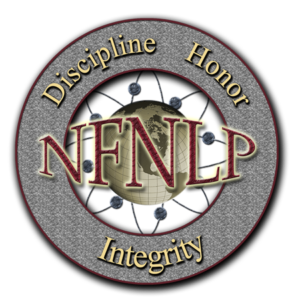


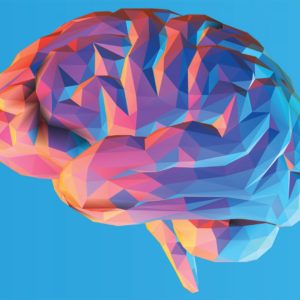

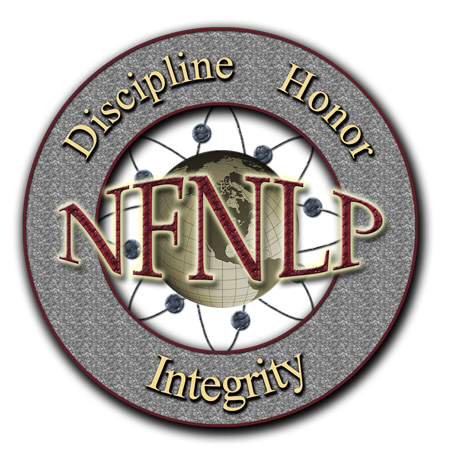

 Dan Millman
Dan Millman 
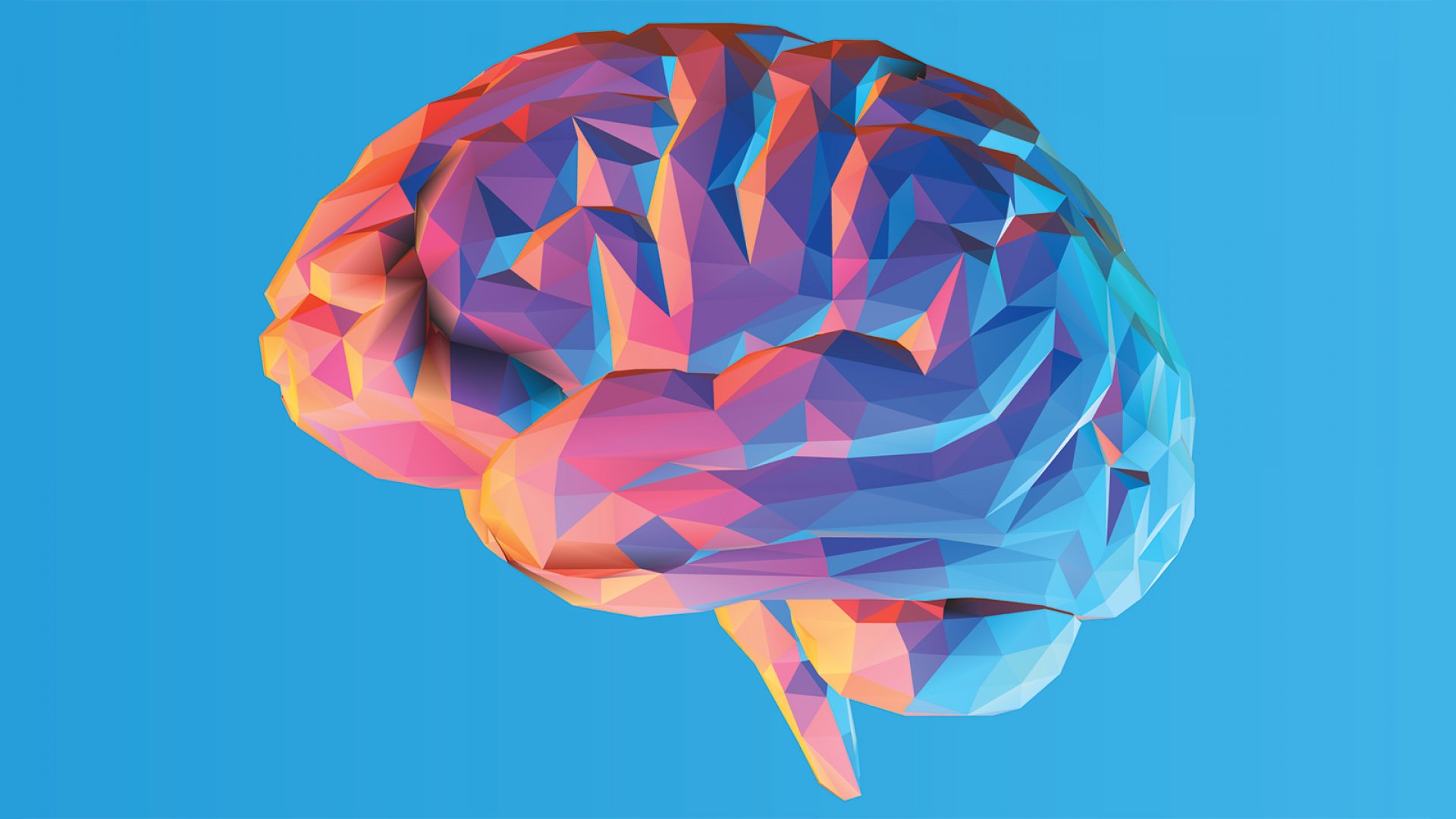
 Daniel Goleman
Daniel Goleman

